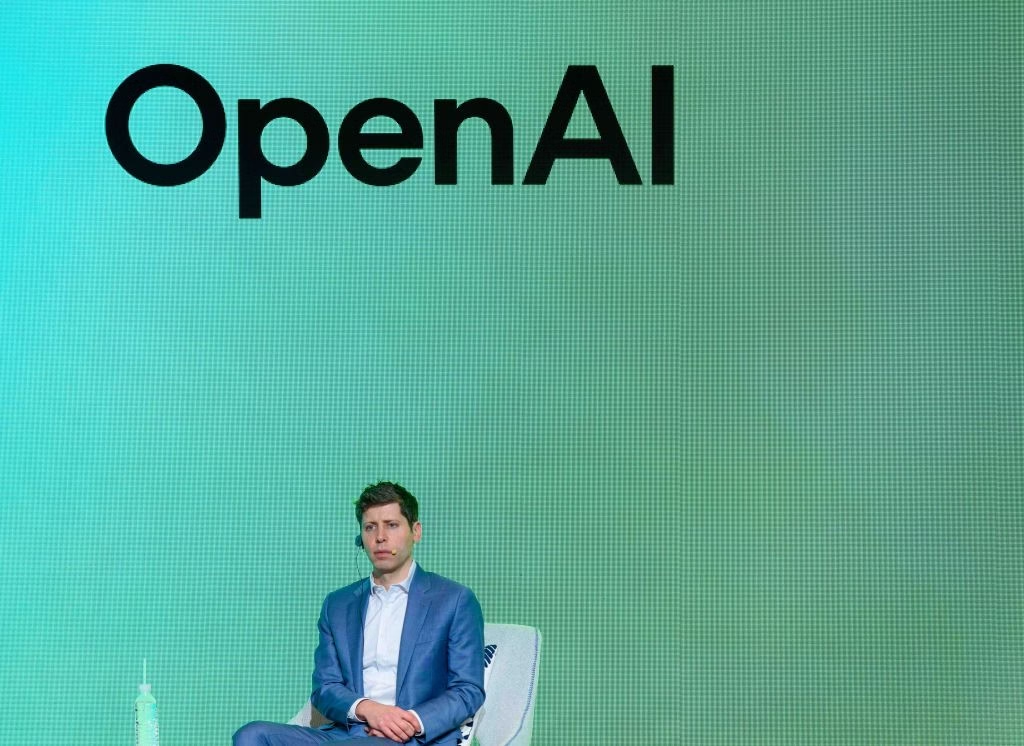Introduction
In a landmark move, President Donald Trump has signed the Take It Down Act, a bipartisan bill designed to combat the spread of non-consensual explicit imagery online—including AI-generated deepfakes and revenge porn. The law represents a major shift in how the U.S. government approaches online content regulation, particularly regarding personal privacy, AI misuse, and platform accountability.
What Is the Take It Down Act?
The Take It Down Act establishes federal-level regulations criminalizing the distribution of explicit content without consent, whether it’s real or generated using artificial intelligence. This law closes longstanding loopholes by making it a federal offense to share such images and videos, thereby supporting victims who previously had little recourse.
Key Provisions of the Law
Criminalization of Non-Consensual Content
Those who publish or distribute non-consensual intimate content now face strict criminal penalties, including:
Heavy fines
Prison sentences
Financial restitution to victims
The law covers both authentic and AI-generated media—highlighting the growing concern over the use of generative technologies to create harmful content.
Responsibilities for Online Platforms
Social media platforms and online communities are now legally obligated to remove offending material within 48 hours of being notified by the victim. Additionally, they must take proactive measures to ensure the removal of duplicate uploads, a key provision aimed at stopping the viral spread of harmful content.
The Role of AI and Deepfakes
The legislation is particularly notable for targeting AI-generated deepfakes, a modern menace in the digital age. These fabricated images and videos can destroy reputations and cause lasting trauma, especially when used to target minors or for revenge-based motives.
As highlighted during the bill’s advocacy, one high-profile case involved Snapchat allegedly failing to remove an AI deepfake of a 14-year-old girl for nearly a year—a pivotal example that spurred legislative urgency.
Bipartisan Support and Public Backing
The act received rare bipartisan support in Congress, with backing from Senators Ted Cruz (R-TX) and Amy Klobuchar (D-MN). First Lady Melania Trump also lobbied in favor of the bill, emphasizing the need for stronger protections for children and women in particular.
This unity signals growing consensus that personal privacy and digital safety must be protected—regardless of party lines.
Concerns from Free Speech Advocates
Despite its intentions, the Take It Down Act has drawn criticism from free speech advocates and digital rights organizations, who fear that the law’s broad language might lead to overreach or even censorship of legal adult content or politically sensitive material.
These concerns echo ongoing debates around the balance between privacy and freedom of expression in digital spaces, especially as content moderation becomes more centralized.
The Broader Implications for the Tech Industry
This legislation sets a new precedent for federal oversight of digital platforms. Companies like Facebook, X (formerly Twitter), Reddit, and newer AI platforms must now revisit their content moderation frameworks to ensure compliance.
For tech entrepreneurs and developers, the law serves as a strong reminder to build products that prioritize ethical safeguards from the outset.
How Platforms Like Trenzest Can Lead Responsibly
At Trenzest, we believe in empowering creators and businesses while maintaining ethical standards. As a platform committed to digital innovation, we recognize the importance of content integrity, user privacy, and AI responsibility.
We actively monitor emerging regulations like the Take It Down Act to ensure that our systems and partners operate within safe and legal boundaries.
Conclusion and Next Steps
The signing of the Take It Down Act is a decisive move against the misuse of digital platforms for harm. While the law marks progress in combating online abuse, it also invites ongoing conversations about AI regulation, free speech, and platform accountability.
For tech leaders, marketers, and content creators alike, this is the time to stay informed, review platform policies, and adopt proactive compliance strategies.
To learn more about responsible innovation in the digital age, follow the latest updates and insights from Trenzest—your trusted resource for ethical tech and growth strategies.




